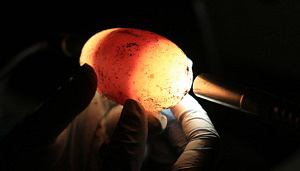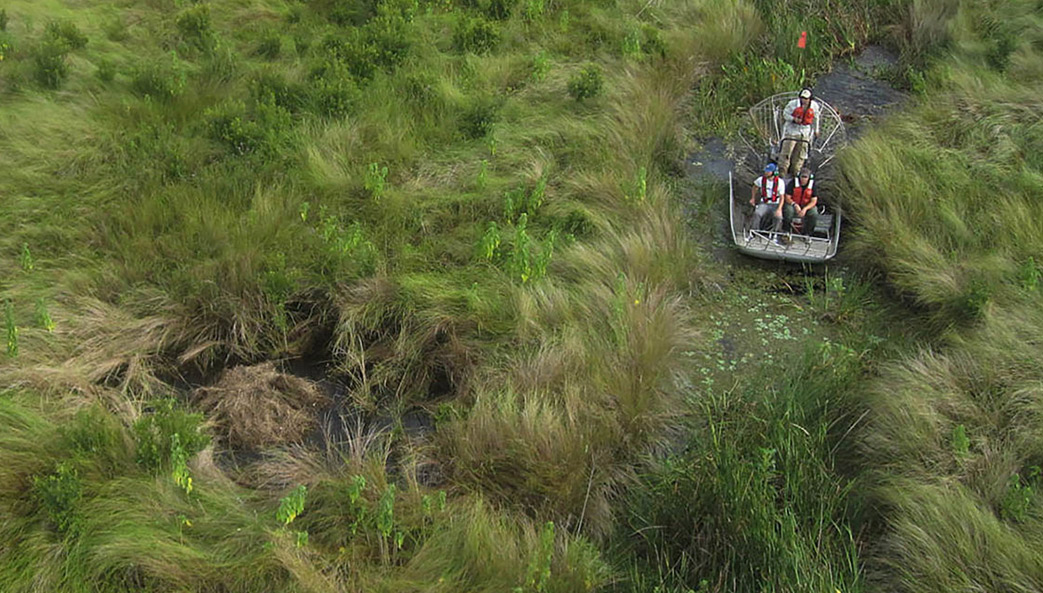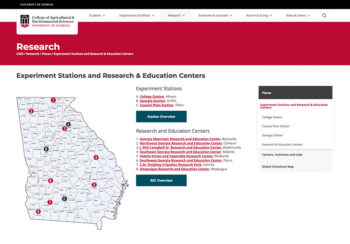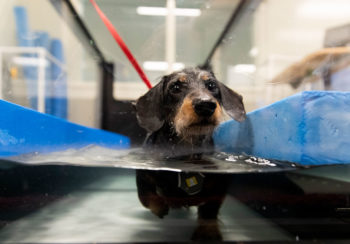During an organism’s development, conditions in its natural environment can determine specific traits. Benjamin Parrott has received nearly $600,000 from the National Science Foundation to investigate the molecular and developmental processes underlying this phenomenon.

“Organisms can respond to their environments through epigenetic mechanisms,” says Parrott, assistant professor at the Savannah River Ecology Laboratory and Odum School of Ecology. “There is no change to the DNA sequence, yet there are changes in how the code is expressed that results in observable variation.”
An alligator’s sex, for example, is determined by the temperature at which the embryo develops, he says.
“If you place an alligator egg at 98 degrees, it will develop as a male. However, if you place it at 90 degrees, it will develop as a female,” Parrott says. “We don’t fully understand how this occurs.”
Parrott and a research team will use the three-year grant to explore the effects of temperature on alligators’ reproductive development.
This brief appeared in the spring 2019 issue of Research Magazine. The original story is available at https://news.uga.edu/sex-determined-by-temperature/.






